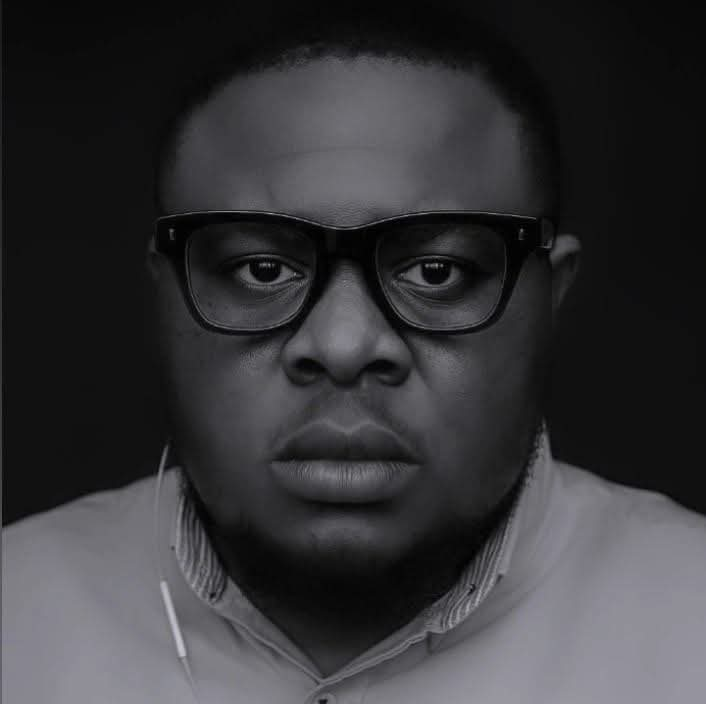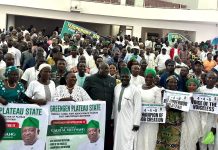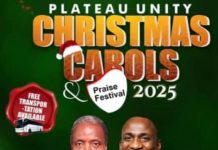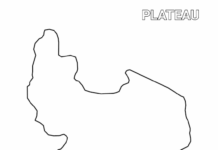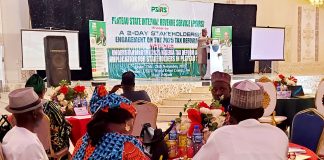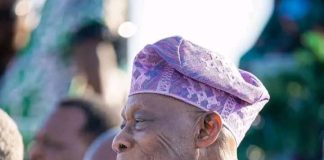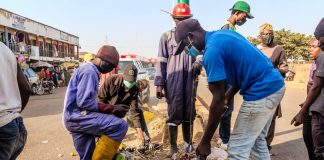As the sun rises over the hills of Plateau State, 14-year-old Salome walks into her classroom in Mangu, clutching her textbooks. Today, she’ll learn about the Hausa-Fulani, the Igbo, and the Yoruba in Social Studies. On Sunday, her church teacher will teach her stories from the Middle East. But nowhere in her curriculum will she hear the stories of her own people (The Mwaghavul).
It’s this growing disconnect between the youth and their ancestral heritage that has spurred cultural advocate Hosea Nenwardung Dakom to raise his voice for change. In a heartfelt appeal, he is urging the Government of Plateau State, the Ministry of Education, and the State House of Assembly to take urgent steps to ensure that the histories of Plateau’s diverse tribes are taught in schools, from primary to secondary levels.
“Our children are being raised on distant narratives,” Dakom laments. “They know more about Israel and Egypt than they do about Shendam, Riyom, or Barkin Ladi. They know the names of foreign prophets but not the names of their own ancestors who built the communities they now call home.”
He emphasizes that it’s not a rejection of broader knowledge, but a call for balance. “It’s beautiful to learn about other parts of the world. But if we don’t anchor that knowledge in our own roots, we’re raising a generation with no understanding of who they are.”
To address this, Dakom is calling for a clear and deliberate policy that will put Plateau’s tribal histories at the core of its educational curriculum. He outlines three concrete actions:
- Develop a powerful policy mandating the inclusion of Plateau’s ethnic histories in all schools.
- Establish sacred archives to document and preserve oral traditions, historical artifacts, and indigenous knowledge.
- Create research funds to support young scholars and cultural researchers in exploring Plateau’s languages and tribal narratives.
His warning is stark but true: “If we do not act decisively, our histories are at risk of being rewritten, or worse, forgotten. Enemies of our state will seize the narrative if we don’t preserve it ourselves.”
The message is resonating with many across Plateau who fear that traditional identities are being lost to modernization and neglect. With over 40 indigenous ethnic groups in the state, each with its own language, customs, and history, there is a treasure trove of stories waiting to be passed down.
“If we had this policy 20 years ago, I would have grown up knowing the names of my great-grandfathers and the struggles they overcame,” says Ladi Bitrus, a Plateau-based teacher. “But now, I can’t even explain to my pupils where our tribe comes from.”
Dakom’s call is not just a cry for history, it’s a rallying cry for identity, pride, unity, and survival. As Plateau State continues to navigate its place in modern Nigeria, the need to preserve its past becomes even more urgent.
“Let us teach our children who they are,” Dakom says, “so that when they grow up, they will know not just where they are going, but where they’re coming from.”

